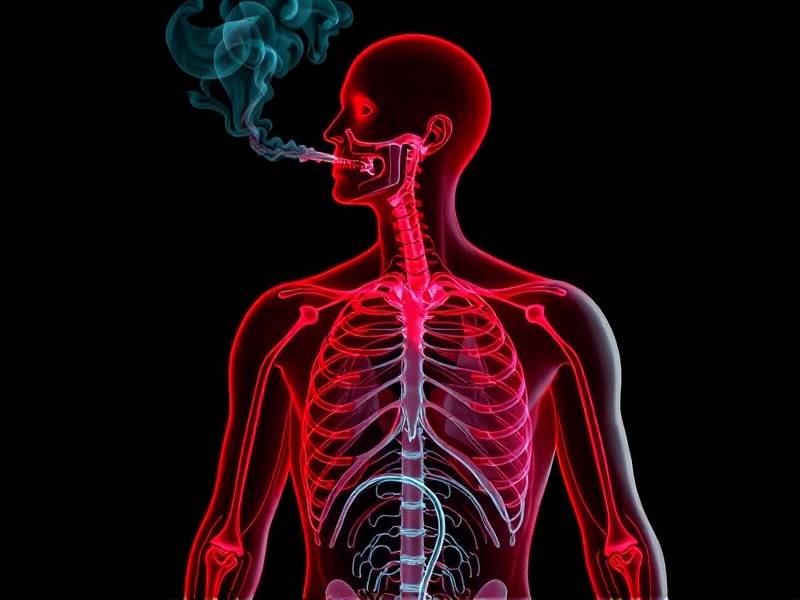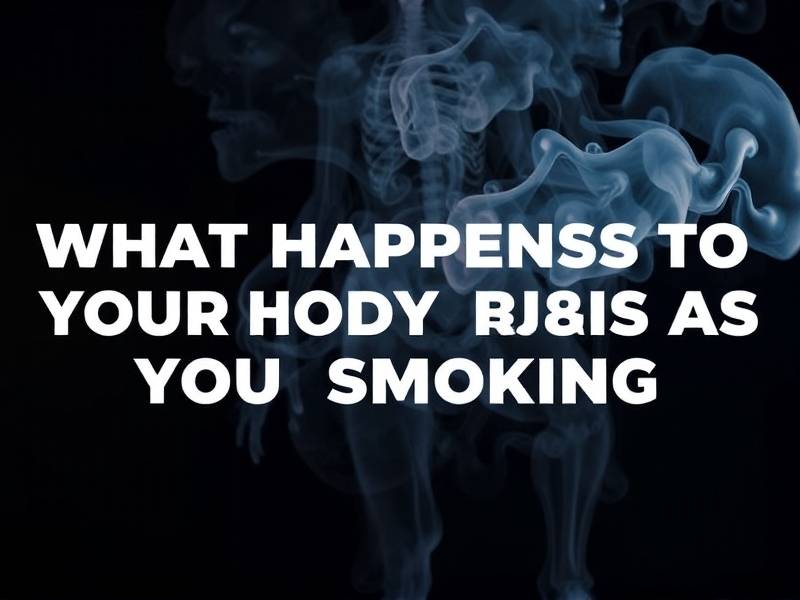What Happens to Your Body as You Quit Smoking: The Science Behind the Health Benefits
The Transformative Journey: What Your Body Experiences as You Quit Smoking
Introduction: The decision to quit smoking is a significant step towards a healthier life. Many smokers are motivated by the promise of improved health, but understanding the science behind these benefits can provide added motivation. This article explores the remarkable changes that occur within your body as you break free from the chains of tobacco addiction.
1. Immediate Benefits
Within minutes of quitting, your body begins to experience immediate changes. The carbon monoxide levels in your blood start to drop, allowing oxygen to flow more freely to your tissues and organs.

1.1 Improved Blood Flow
Improved blood flow means better cardiovascular health. Just 24 hours after quitting, your risk of heart attack begins to decrease.
2. Short-Term Health Improvements
Over the first few weeks and months, you'll notice more substantial improvements in your health.
2.1 Lung Function Enhancement
Your lungs begin to repair themselves almost immediately. Within two weeks, you might notice a decrease in coughing and shortness of breath.
2.2 Enhanced Taste and Smell
The sense of taste and smell often diminishes due to smoking's effects on the sensory receptors in the mouth and nose. Within a few days or weeks, many people report a return to more acute sensory experiences.
3. Long-Term Health Benefits
The long-term benefits of quitting smoking are profound and can lead to a significantly longer and healthier life.
3.1 Reduced Risk of Chronic Diseases
Quitting smoking reduces the risk of developing several chronic diseases, including cancer, heart disease, stroke, and diabetes.

3.2 Improved Quality of Life
As your body repairs itself over time, you may find that you have more energy, better sleep quality, and an overall improvement in physical fitness.
4. The Science Behind It All
The science behind quitting smoking is complex but fascinating:
- Neurotransmitters: Smoking affects neurotransmitters in the brain that regulate mood and pleasure.
- Inflammation: Tobacco smoke causes inflammation throughout the body, which contributes to many chronic diseases.
- DNA Repair: Quitting smoking allows for better DNA repair mechanisms in cells.
Conclusion:
Understanding what happens within your body as you quit smoking can be incredibly motivating for those considering this life-changing decision. Each day without tobacco is a step towards better health—both physical and mental—and it all starts with one choice: to quit for good.
Remember that while the journey is challenging, it's not impossible. With determination and support from friends, family, or healthcare professionals, anyone can overcome their tobacco addiction and enjoy a healthier future.
